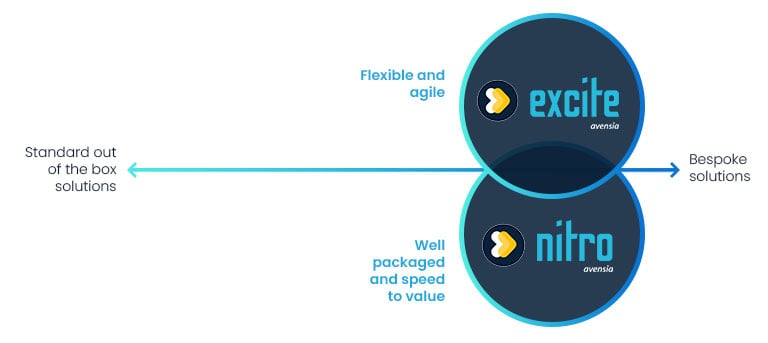Simply put, an e-commerce platform is the software application where both buyers and sellers play their parts in transactions. It can be B2B, B2C, C2C, etc. and is essentially any kind of online buying and selling transaction that takes place on an e-commerce platform.
An e-commerce platform is what you’re going to use to build your digital commerce space. It gives you all the tools you need to design, create, and run your e-commerce store as efficiently as possible.
Because your choice of platform is so crucial to the performance of your store and your ability to create it, it’s imperative that you put maximum care and effort into learning about and testing a variety of platforms before choosing one on which to establish your online store.
Let’s take a look at how an e-commerce platform works.
What Are The Features of an E-Commerce Platform?
Every e-commerce platform should have certain features that define it as a platform. These features are as follows:
- An interface - Find one that has an interface that meshes with your capabilities. For instance, some platforms may require technical skills such as HTML, while others are more intuitive for users of all skill levels.
- Design options - Many platforms offer a variety of ready-made templates and themes, but you always want to be aware of the possibilities offered in terms of customization and design.
- Store management system - Management systems are at the core of any functioning online store. They should include a product management system, an order management system, and a return management system. If these systems aren’t a part of the standard platform package, the platform should allow integration with other services that provide them.
- Payment processing - e-commerce can’t function without a way to receive payments. Any platform should define the payment options it supports out of the box, along with any third-party services that can be integrated to expand payment opportunities. Be aware of your target customer base’s preferred method of payment and align that to your platform choice.
- Security - Data breaches can absolutely crush smaller online marketplaces, so it’s of the utmost importance to select an e-commerce platform that meets the PCI security standards at the minimum.
- Support - It’s inevitable that you will face technical issues while operating your e-commerce, so it’s important that your platform comes with accessible channels of support.
- Data consolidation - Your e-commerce platform allows you to collect and store data and supports integration with analytics services or provides its own. A business of any type lives and dies by the strength of its data, and that’s doubly true for online retail.











